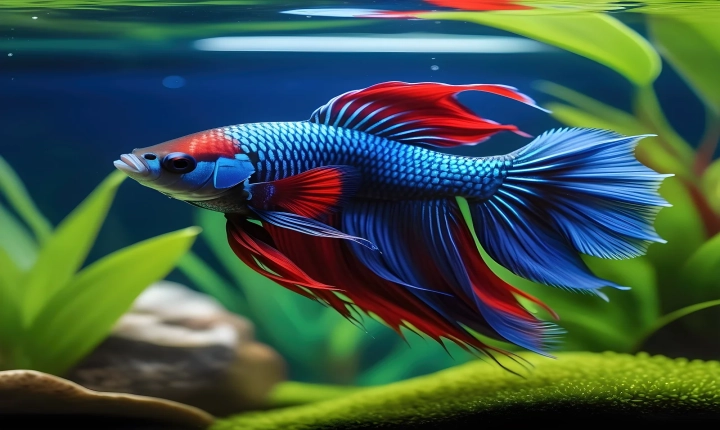ChatGPT is an advanced language model based on OpenAI’s GPT-3 that can generate human-like text based on the input it receives. While this technology has opened up new possibilities for content generation and communication, it has also raised concerns about potential plagiarism.
Plagiarism refers to the act of using someone else’s work, ideas, or expressions without proper acknowledgment or credit. With the advent of ChatGPT, there has been a growing concern about the potential for the model to produce content that is similar to, or directly copied from, existing sources without proper attribution.
One of the main issues with ChatGPT and plagiarism is the ease with which the model can retrieve and reproduce information from a wide range of sources. This has raised questions about how to properly attribute content generated by ChatGPT, especially when it comes to academic, journalistic, or creative work.
To address the issue of plagiarism in ChatGPT-generated content, it is essential for users to be aware of the ethical considerations associated with using the model. When using ChatGPT to generate content, users should be diligent in ensuring that the output is original and properly attributed if it draws from existing sources.
Furthermore, content generated by ChatGPT should be carefully reviewed and edited to ensure that it meets ethical and legal standards for originality and attribution. This may involve conducting thorough checks for plagiarism using specialized software or manually reviewing the content to confirm its originality.
In addition, it is important for users of ChatGPT to understand the ethical and legal implications of using the model to produce content. This includes familiarizing themselves with copyright and fair use laws, as well as establishing clear guidelines for how to handle content generated by the model to ensure that it complies with these regulations.
AI developers and platforms that provide access to ChatGPT also have a responsibility to address the issue of plagiarism. This may involve implementing safeguards and guidelines for the ethical use of the model, as well as providing educational resources to help users understand the implications of plagiarism in AI-generated content.
Ultimately, the issue of plagiarism in ChatGPT-generated content is a complex and multifaceted challenge that requires a thoughtful and proactive approach from both users and those responsible for developing and providing access to the model. By prioritizing ethical considerations and taking steps to address the issue of plagiarism, it is possible to harness the potential of ChatGPT while upholding the principles of intellectual integrity and originality.
